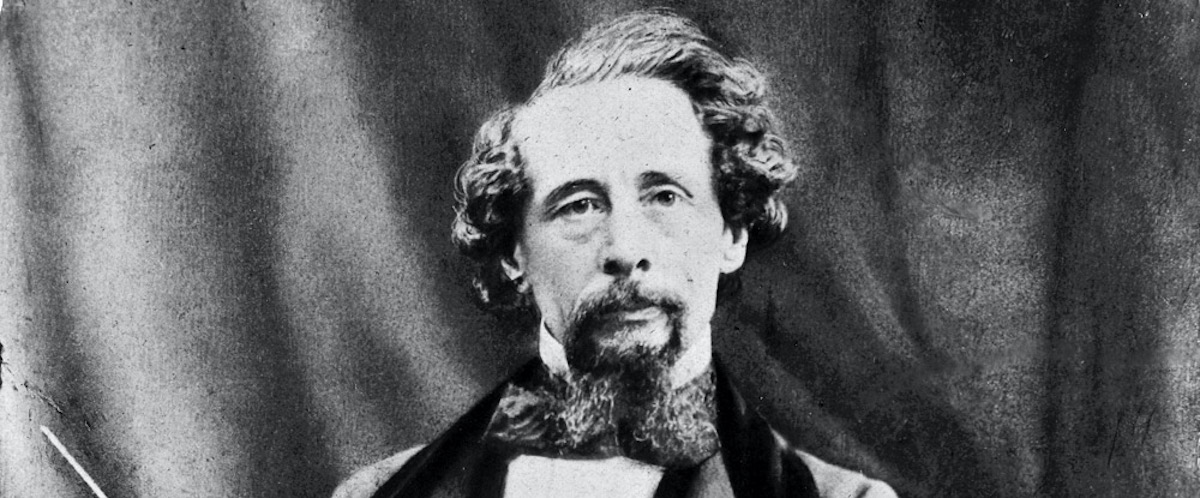“I do not think it is a good story.” Never ask Charles Dickens for writing advice.
Today marks the 210th birthday of Charles Dickens—novelist, critic, and, from 1859 until his death, editor of a weekly literary journal called All the Year Round. As literary journal editors will presumably understand, the responsibilities stressed him out to the point of dispensing with politeness. We know this because when Dickens’s friend Captain Frederick Marryat’s daughter Florence submitted a piece and asked him for writing advice, he roasted her to hell for even asking for feedback:
You have no idea of the labor inseparable from the editing of such a Journal as All The Year Round, when you suppose it within the bounds of possibility that those who discharge such duties can give critical reasons for the rejection of papers. To read professed contributions honestly, and communicate a perfectly unprejudiced decision respecting every one of them to its author or authoress, is a task, of the magnitude of which you evidently have no conception.
Okay, harsh but fair—but mainly harsh. (He could have removed “evidently”!) And this was despite the fact Dickens noted Florence’s “name is associated with an old friend and a great regard.” Yet despite his anger at being asked to write feedback, he provided some—though perhaps not the kind Florence would have liked:
I cannot, however, alter what seems to me to be the fact regarding this story (for instance), any more than I can alter my eyesight or my hearing. I do not deem it suitable for my Journal. You ask me to pass my pen over the paragraphs which displease me. Surely that is scarcely reasonable. I do not think it is a good story. I think its leading incident is common-place, and one that would require for its support some special observation of character, or strength of dialogue, or happiness of description. I do not find any of these sustaining qualities in it. I am not interested in the young people, therefore, and I cannot put away from myself the unfortunate belief that the readers of All The Year Round would not be interested in them.
Well—you can’t really fault Dickens for providing unflattering feedback, given that he was asked directly. (Aside from the workload, this might be a secondary reason why litmags don’t provide personalized responses to every reader: to preserve goodwill!) When asking for favors, it’s best to read the room. But happily, despite Dickens’s less-than-kind letter, Florence Marryat went on to write several popular novels and perform in her own operas and plays. It pays to trust in your own vision.




